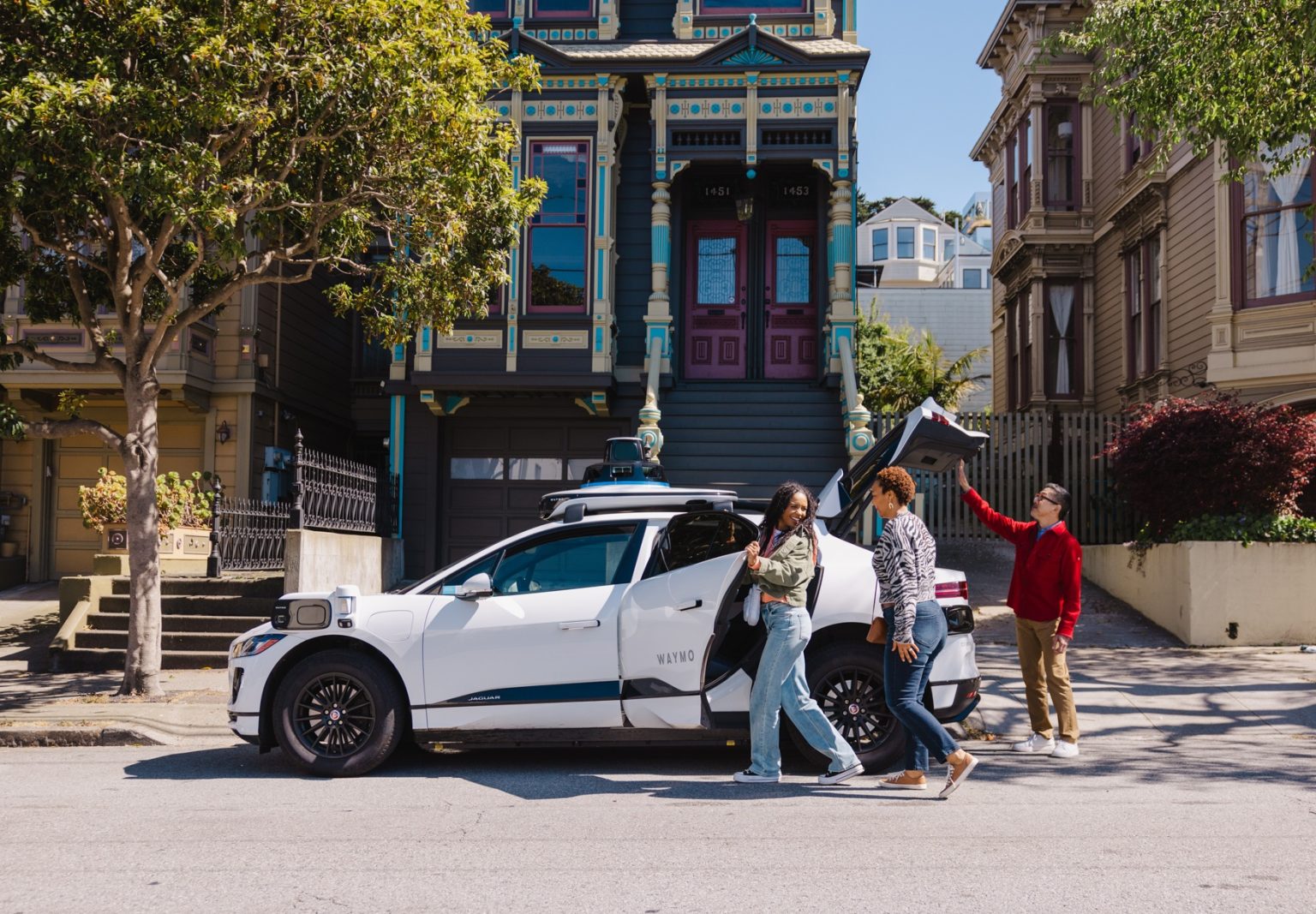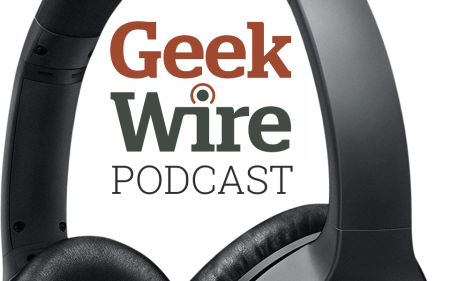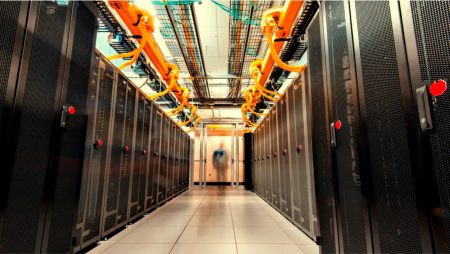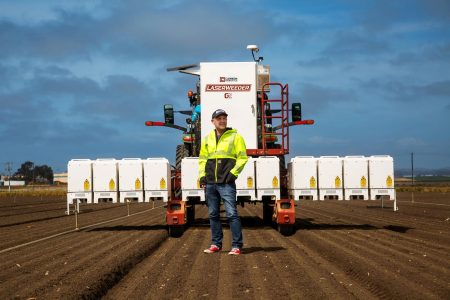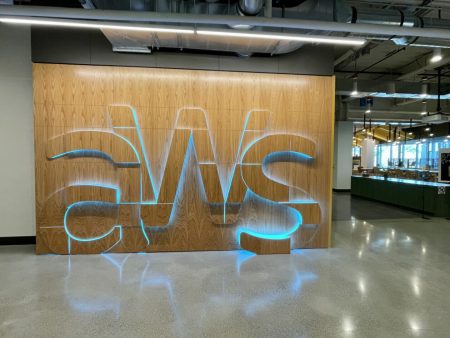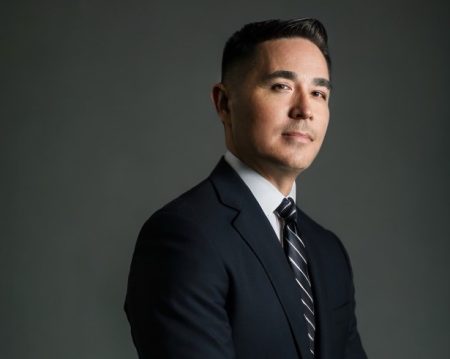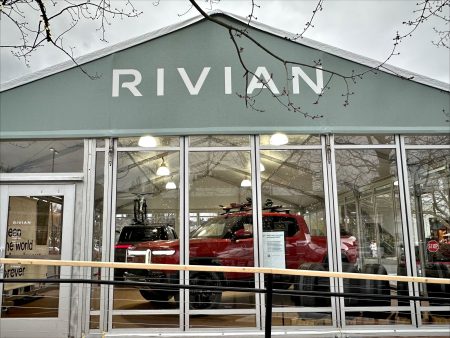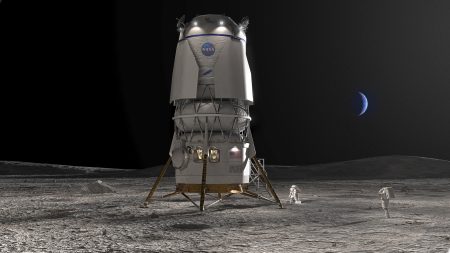Waymo Brings Autonomous Vehicles to Seattle, Awaits Regulatory Framework
Waymo, the autonomous vehicle company born from Google’s self-driving car project, is expanding its footprint to the Seattle area. The company announced Tuesday it’s beginning to “lay the groundwork for future commercial service” in the region, though actual driverless taxi operations will depend on Washington state establishing regulatory frameworks that currently don’t exist.
This week marks the initial deployment of a dozen Waymo vehicles on Seattle-area streets. These aren’t yet the fully autonomous taxis that have become commonplace in cities like San Francisco and Phoenix. Instead, they’ll operate with human drivers while the company tests how its technology adapts to Washington’s distinctive road conditions and notorious wet weather. The test fleet includes electric Jaguar I-Pace SUVs and what a Waymo spokesperson affectionately described as “adorable little blue boxes” from Chinese automaker Zeekr (under Geely Holding, which also owns Volvo). These vehicles feature Waymo’s sixth-generation technology, specially adapted for rainy weather conditions—a necessity in Seattle’s climate. The company plans to operate in several Seattle neighborhoods including the International District, Central District, Queen Anne, and University District, as well as in nearby Bellevue and Kirkland.
Unlike previous short-term testing in the region, Waymo’s announcement signals a longer-term commitment to establishing service in the Pacific Northwest. “We’re here to serve riders in the future this time,” stated company spokesperson Sandy Karp. This expansion adds Seattle to Waymo’s growing network, which already includes San Francisco, Los Angeles, Phoenix, Atlanta, and Austin—cities where the company facilitates hundreds of thousands of fully autonomous rides weekly. Denver was also added to the expansion list Tuesday, with plans to extend service to Miami, Washington D.C., and Dallas next year. Waymo emphasizes that its years spent getting familiar with Seattle-area communities and weather conditions have been crucial preparation for this expansion, contributing to the company’s ability to “serve riders rain or shine in cities across the country.”
The path to fully autonomous vehicles in Seattle has progressed slowly, largely due to Washington state’s cautious approach to establishing regulations. Lawmakers have been deliberate in addressing safety concerns, creating what some autonomous vehicle companies see as a discouraging environment for testing and development. This regulatory uncertainty means Waymo cannot yet provide a timeline for when Seattle residents might be able to hail a driverless taxi. The company’s launch schedule depends on completing safety testing phases—first with drivers present, then fully autonomously without passengers, before finally offering commercial service to the public. This measured approach reflects both Waymo’s safety protocols and the current regulatory reality in Washington.
Seattle’s Department of Transportation (SDOT) has been working to prepare for the inevitable arrival of autonomous vehicles through various initiatives. These include creating a permitting program for vehicle testing, developing a strategic vision for integrating driverless vehicles into the city’s transportation network, planning innovative safety measures like keeping autonomous vehicles away from emergency zones, and gathering stakeholder recommendations to ensure equity and environmental protections. In a statement, SDOT expressed support for “innovation that makes transportation safer, more efficient, and more accessible,” while emphasizing Seattle’s “smart, safety-first approach to partnering with autonomous vehicle operators.” The department noted it looks forward to continuing partnerships with companies like Waymo “to ensure future services meet our transportation goals.”
Waymo isn’t the first autonomous vehicle company to test in Seattle. Amazon-owned Zoox began testing in 2021 and has since opened a new manufacturing facility in California to increase production ahead of commercial launch. General Motors-backed Cruise also tested vehicles in Seattle during 2023, specifically to learn from the region’s wet, hilly environment, though the company later closed its Bellevue engineering center when GM exited the robotaxi market in December 2024. Despite these setbacks in the industry, Waymo remains optimistic about its Seattle expansion, highlighting the “synergy between the city’s shared goals to welcome and explore new technology, especially the sustainability aspect.” The company sees potential to significantly improve “safety and mobility” in Washington through its autonomous vehicle service, joining a growing movement to transform urban transportation through technology that promises to be safer, more efficient, and more environmentally sustainable than traditional vehicle options.




